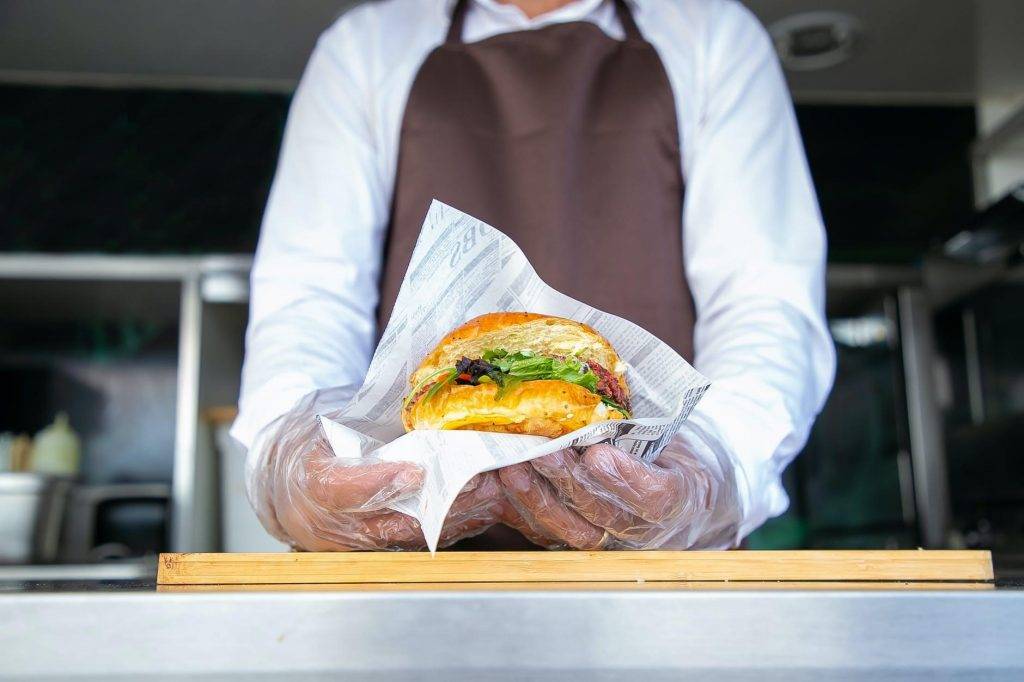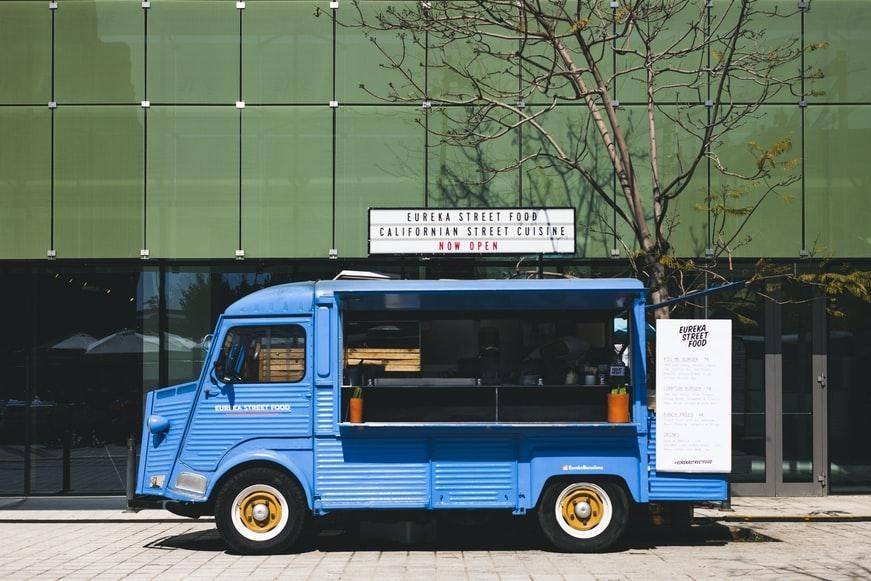Are you enthusiastic about street food and willing to start your own food truck business? Sure, it’s plenty of work, but with proper planning, you’ll be right on your way to forming a successful food truck business.
So, if you’re not certain about how to start a food truck, then you’ve arrived at the right place. Our guide below can give you a better grasp of all the main steps included in opening up a food truck. From helpful advice on how to carry out market research, to come up with a stellar plan to source funding.
Conduct A Market Research
Step one when starting a food truck is to conduct proper market research to confirm there’s good demand in the area you’d want to operate your food business, plus ascertain the best strategy to draw customers.
Market research must always start with detailed research into consumption behavior and popular industry trends. The purpose is to help you comprehend the challenges facing the street food industry and distinguish the most promising market areas before starting your food truck.
Write A Business Plan
The business plan usually consists of two major components:
- A financial projection that intends to highlight the anticipated profitability of the business and the initial funding requirement;
- A written part that presents, in detail, your project, the team, your business strategy, and your medium-term objectives;
The business plan is a document with which you will attempt to obtain financing from potential investors or your bank, so you should make it flawless. If you aren’t familiar with writing business plans, a good idea would be to find a good food truck business plan template online and use it. It will provide you with the core elements to include in a winning food truck business plan.

Check Out The Required Rules And Regulations
Bear in mind that when launching a food truck, same as when launching a restaurant, it obliges adhesion to health and safety regulations.
So, investigate local regulations. Then, put that into action, acquiring all of the required licenses and permits, along with insurance coverage. Ensure to obtain a proper food liability insurance policy in accordance with your specific needs that will protect you from a wide range of unexpected events and accidents.
You will need at least three kinds of permits and licenses: general business license, food service permits, and commercial vehicle licenses. Contingent on the location, most food truck licenses will cost you somewhere between $100 to $500 separately.
Choose The Right Concept
Whether you’re offering sandwiches or tacos, the most significant thing when running a food truck is to ensure that your concept is slightly different. That way you can distinguish yourself from your competition and ensure that customers don’t just bump into you, but come directly to you to have the dishes on your unique menu.
If not inventive, your concept needs to be at least original. If you make a decision to offer a classic taco and nachos combo, for instance, offer some edge by having gluten-free taco shells, secret recipe tortilla chips, or a broad range of sauces to choose from.
Determining your concept also means making one major decision: Will you start your own independent food truck or join an already existing food truck chain?
Starting an independent food truck offers more freedom in managing it and being as experimental as you like. But, if you join a food truck chain, you will benefit from functioning support from the beginning, plus a sterling reputation from an already existing chain and loyal customer base.

Choose A Legal Structure
Next up is how to choose your legal structure for your food truck. Deciding on your legal form is a crucial step because it will impact how much your business is taxed, your personal taxation, and your liability for the business’s debts in case of bankruptcy.
To help you make a decision, you can discover more detailed information on the separate legal forms available to you on the SBA site. Generally, food truck operators consider:
- Sole proprietor. This works best if you operate individually, however it doesn’t offer liability protection;
- LLC. Provides liability and low startup costs. It is pretty common for food truck owners;
- Corporation. It provides liability protection and a distinct tax structure, but it’s more complicated and expensive to start.
Source Funding For Your Food Truck
As you probably know by now, the investment needed to start a food truck business will be weighty enough. A food truck demands a pretty large amount of necessary equipment. According to the Food Truck Empire 2022 report, the early investment and ongoing monthly expenses are significant and may quickly ratchet up to $50,000 – $100,000.
Anyway, there are several funding options you can choose from:
- Obtaining a loan from a bank or credit institution, however, bear in mind that getting a loan for forming a business isn’t always simple;
- Approaching private investors like for example, your friends and relatives or angel investors;
- Starting a crowdfunding campaign, which is as well a great way to get people talking about your business;
- Seeking government support or state aid for business creators in the form of a grant, interest-free, or low-interest loan.
Final Words
Opening your own food truck can most certainly be challenging. However, by following the steps given above you are certain to get off on the right foot to set up a successful business.
Warren James is the lead editor for Diving Daily. Warren has written for many publications including the New York Daily News, Vanity Fair and Yahoo. Warren is based in New York city and covers issues affecting local communities. In addition to following the day-to-day life of the Big Apple, Warren also has a passion for martial arts.
